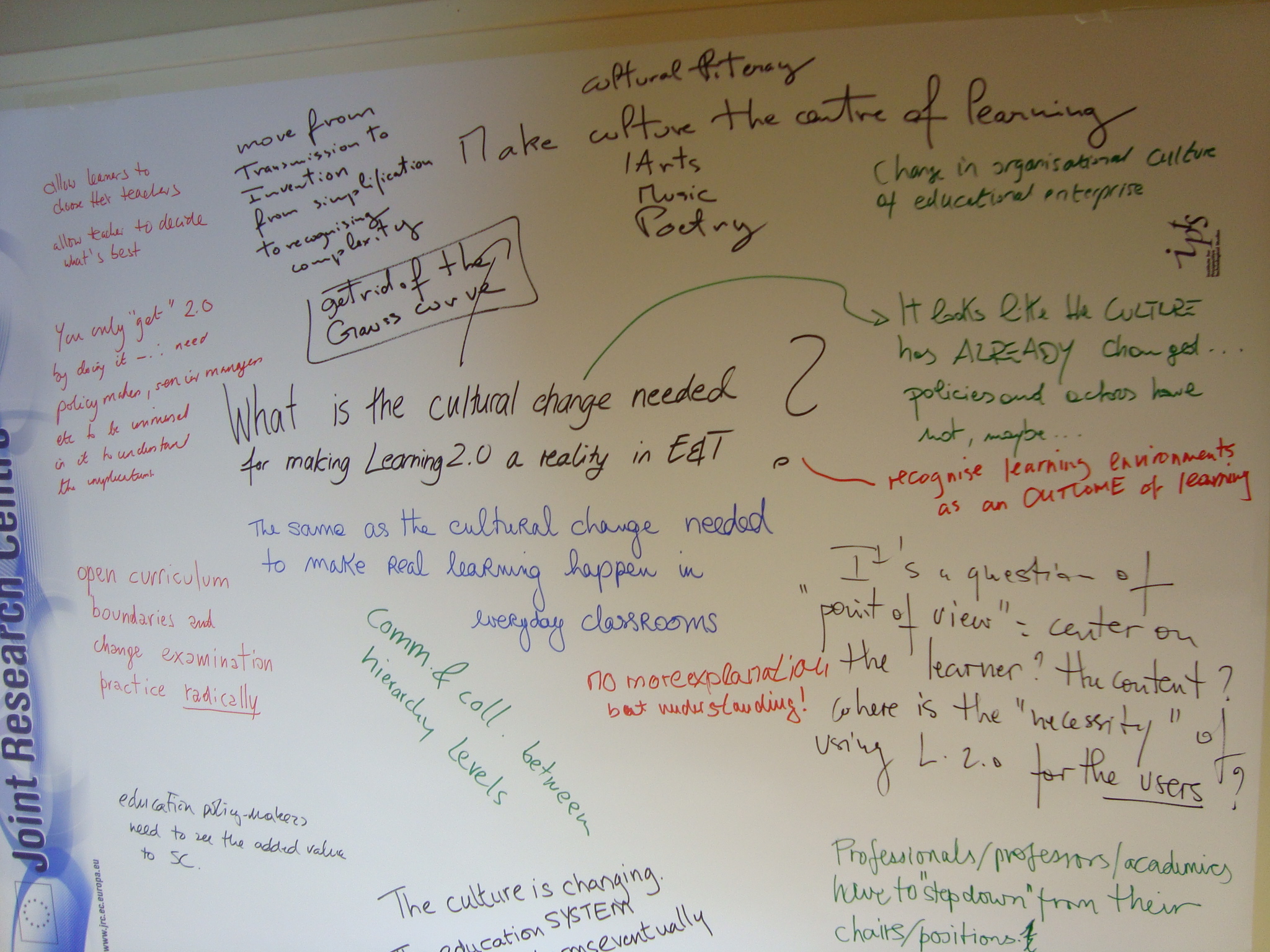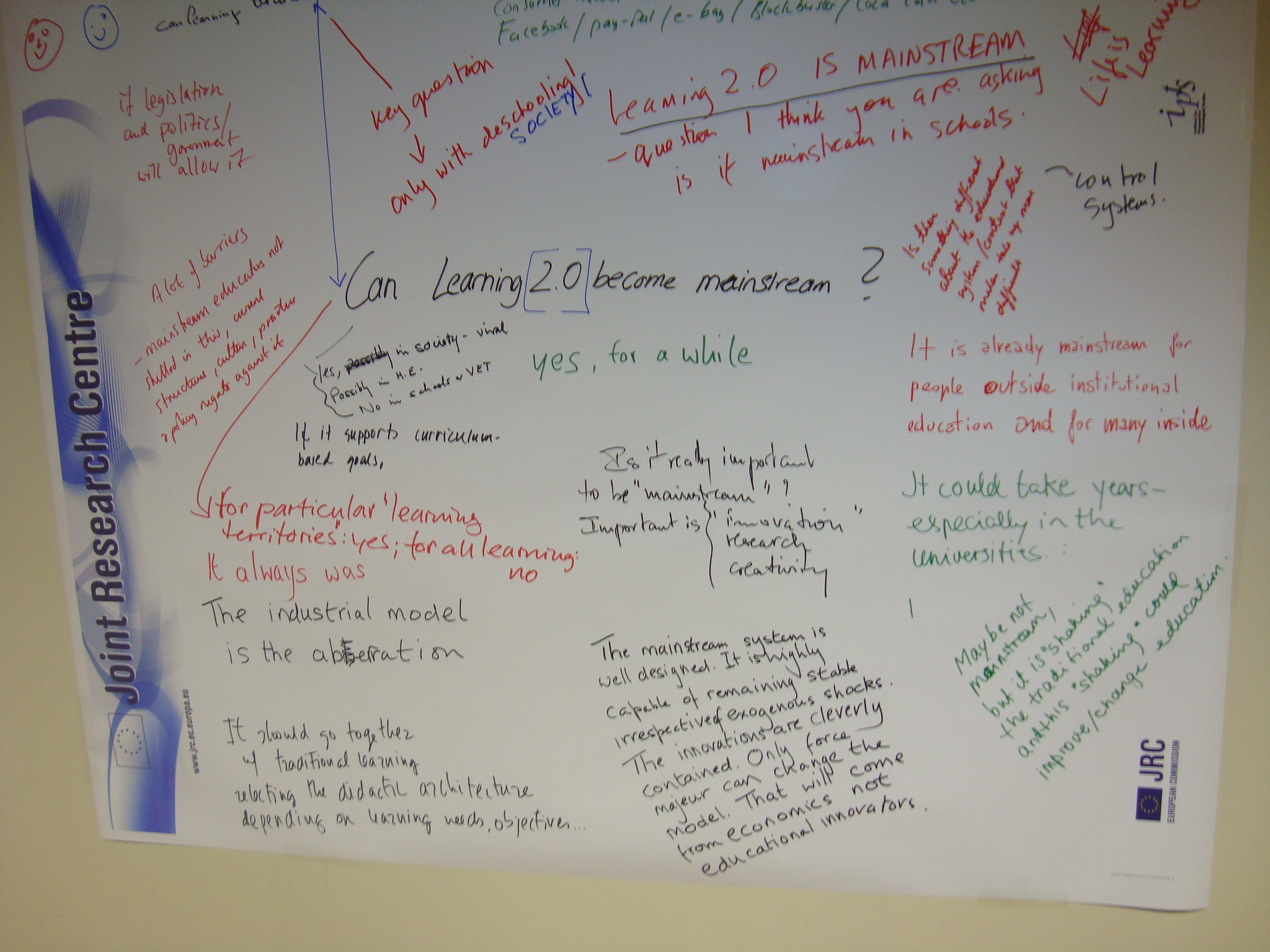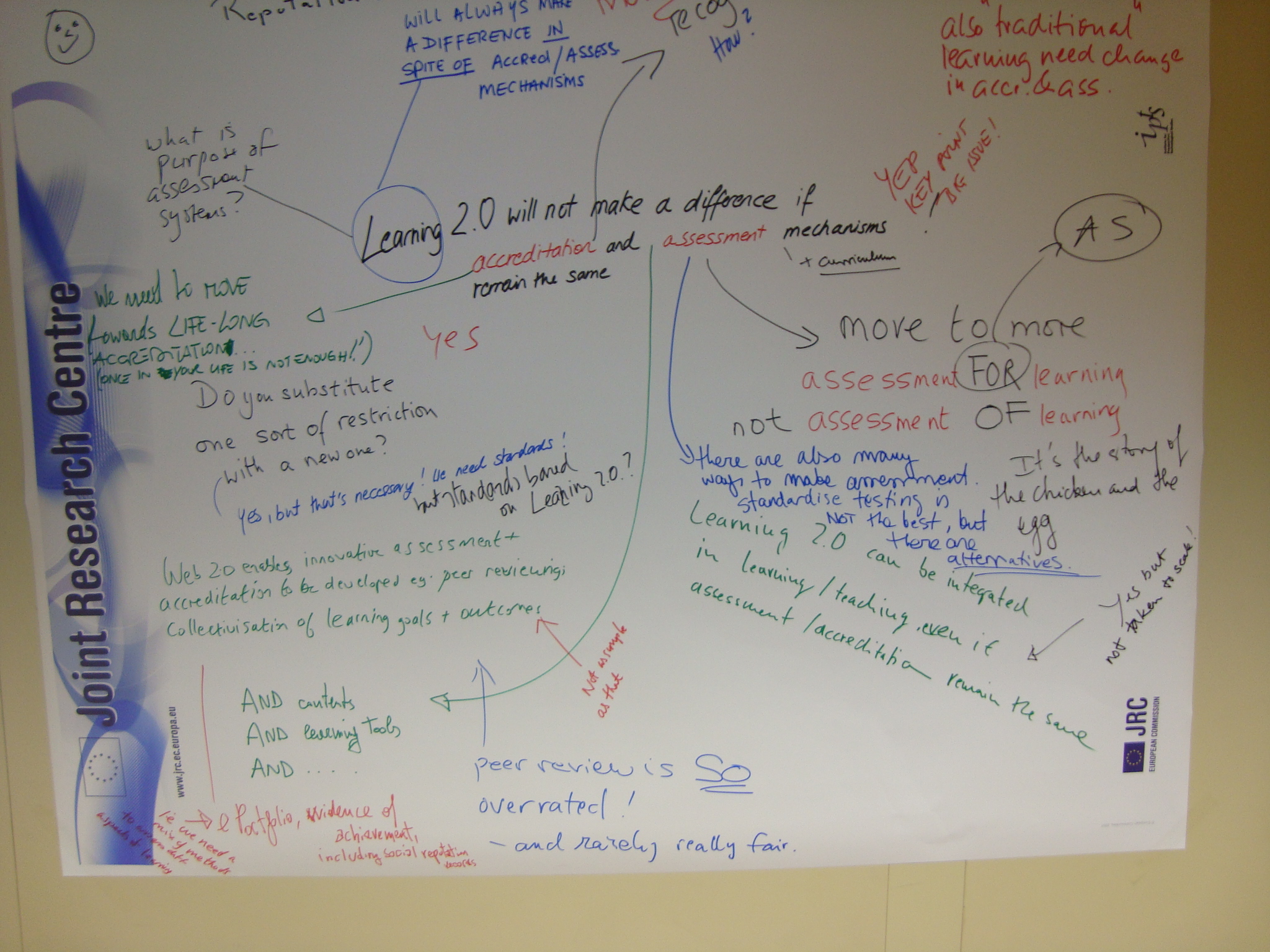Trainers in Europe Conference
It os certainly a busy online time. Last night was a great Evolve seminar with Dave Cormier about Massively Online Open Courses (MOOCS). I will post a few ideas about that later.
Tomorrow and Thursday is the the first annual on-line conference on the Training of Trainers, sponsored by the Network to Support Trainers in Europe and Evolve.
When we first launched the conference I was rather doubtful of how many would come. After all this was not an event targeted at the EdTech community. Most researchers and practitioners working in this field have never been involved in an online conference before. I have been overwealmed by the response. To date some 110 articticapnst have registered from I guess about 20 countries. I don’t suppose all will turn up for a free event but I still expect a sizable turnout. For me this represnets two things. The first si the mainsteaming of online conferencing technologies which are now being embraced by researchers and practitioners in many diverse dicplines and subject areas. The second is to reinforce the idea of open events – I huess you could say this conference in a mini-MOOC!
We have been fairly conservative in the conference programme for which I am grateful. One issue which arose in the conversation with Dave Cormier last night is that size matters! It is not easy moderting discource with 100 peole online. I am sure we will hit some technical problems but we will juts have to overcome these as we go.
If you would like to attend the conference please register as soon as possible. The registration page is online here. It is free and open, but we need some record of who came for our project reporting.
We also have created a conference exhibition on wikispaces. Have a look – there is some neat stuff there. And if you would like to contribute to the exhibition please get in touch.






